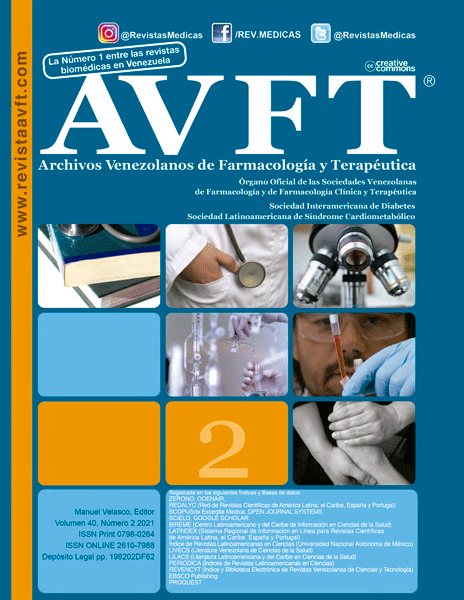Exploring the challenges affecting the quality of cardiopulmonary resuscitation from the perspective of Emergency Medical Service personnel: a qualitative study
Palabras clave:
Cardiopulmonary resuscitation, Cardiac Arrest, Emergency medical services (EMS).Resumen
Many cases of cardiopulmonary arrest can be reversed with immediate and accurate cardiopulmonary resuscitation (CPR). Successful cardiopulmonary resuscitation is an important criterion for evaluating Emergency Medical Services (EMS) personnel's performance. The present study aims to use EMS personnel's experiences to determine the barriers that affect the quality of cardiopulmonary resuscitation. The present study is a qualitative work with a conventional content analysis approach. The subjects were 20 EMS personnel who were selected through purposeful sampling. Data were collected via semi-structured individual, in-depth interviews with each of the 20 subjects on a face-to-face basis. The data were analyzed using Graneheim and Lundman's approach. The collected data analysis yielded 3 main themes: personal and occupational factors, organizational factors (ineffective management), and socio-cultural factors. For high-quality cardiopulmonary resuscitation, there are cultural, professional, and organizational requirements that must be met. Prehospital emergency administrators can use the present study's findings to plan and take measures toward eliminating barriers and enhancing the effectiveness and quality of cardiopulmonary resuscitation.




